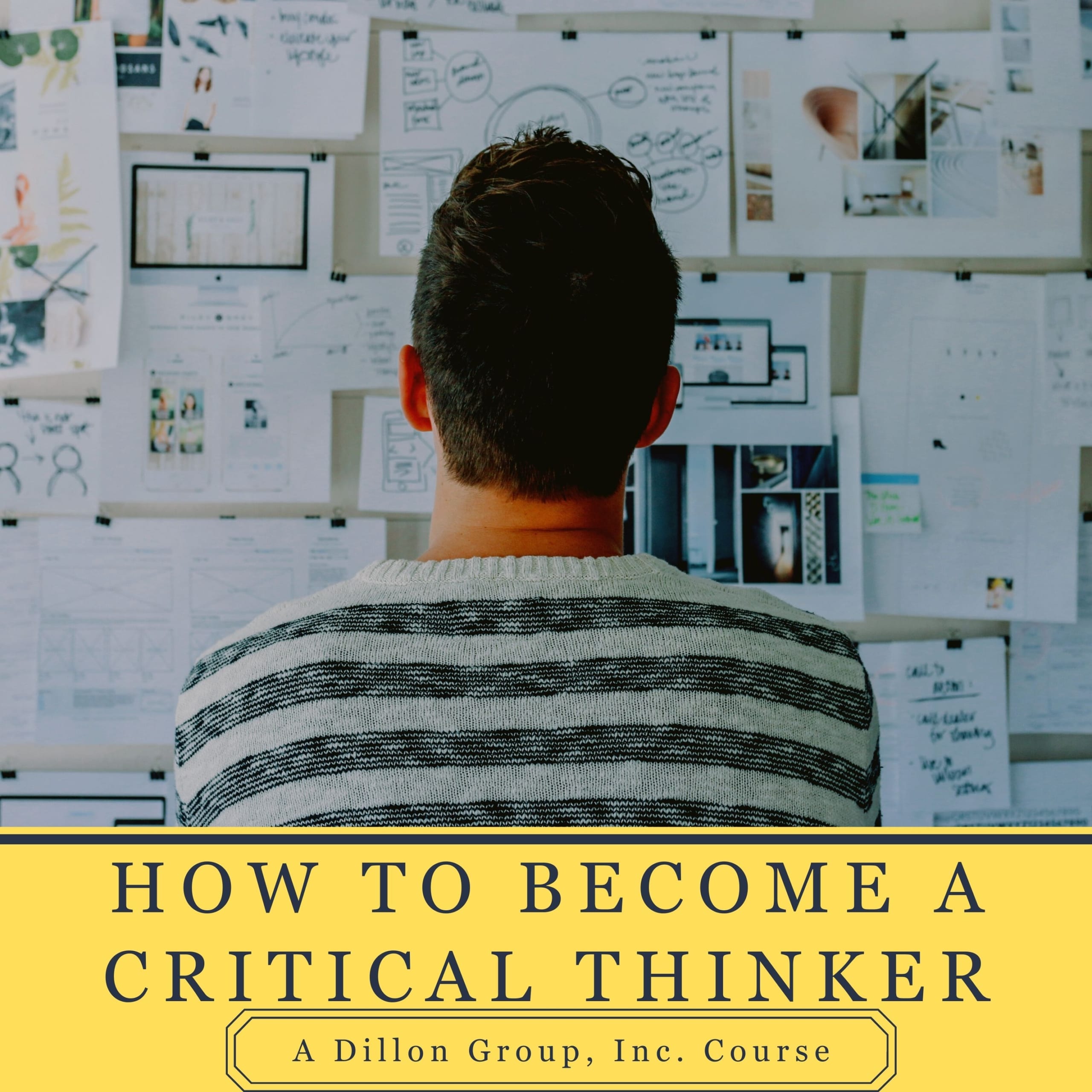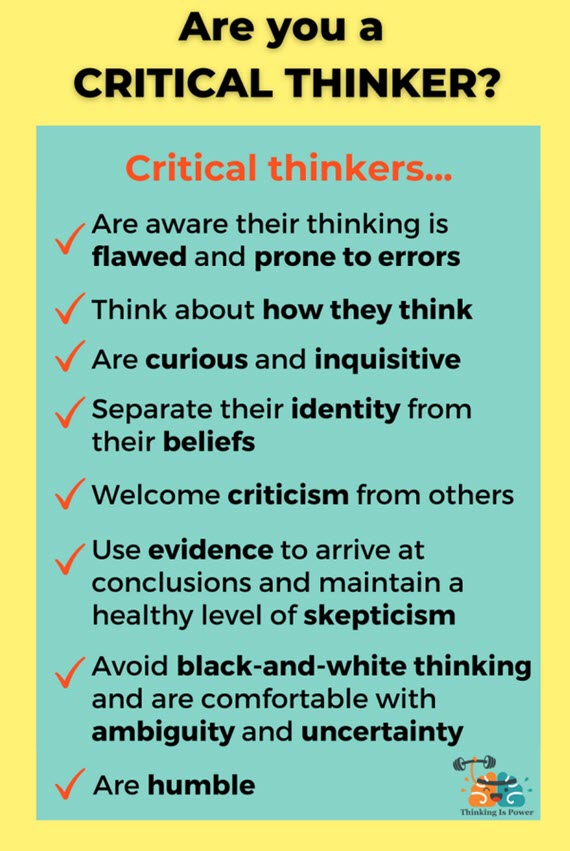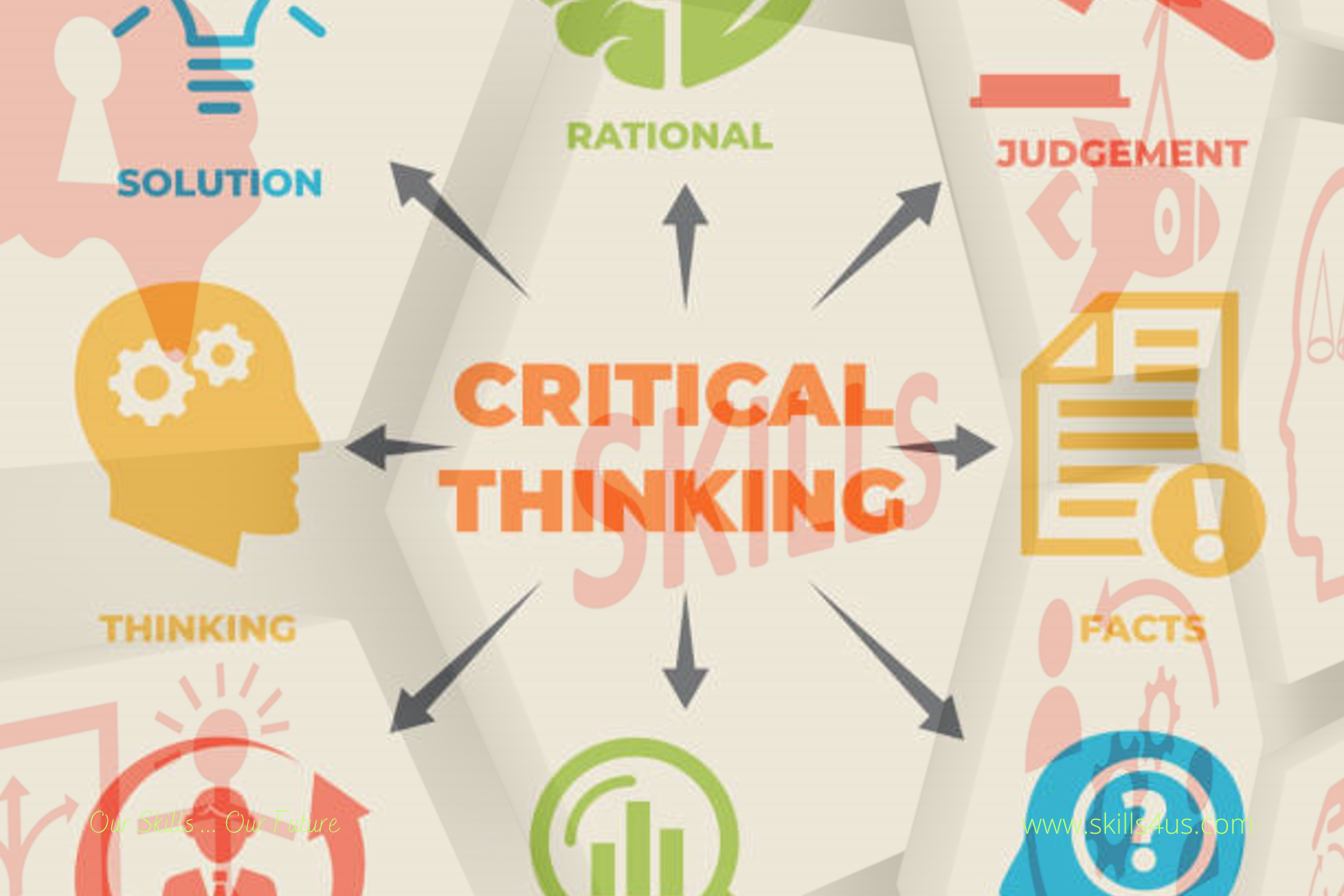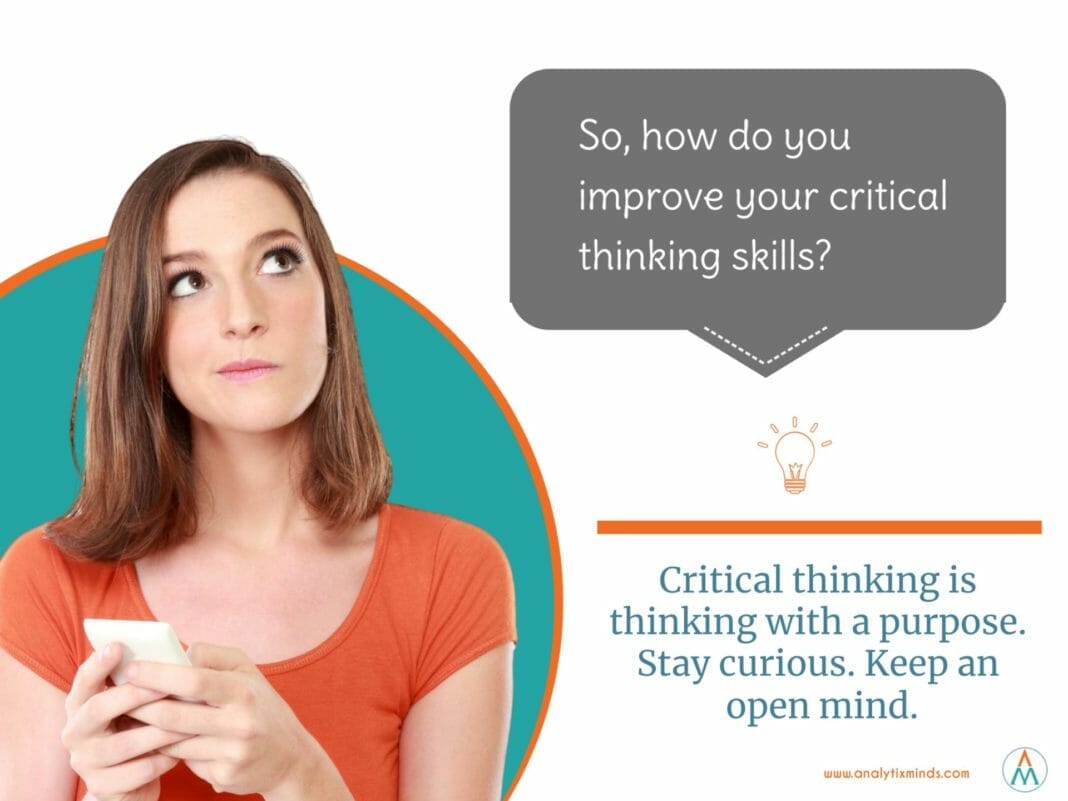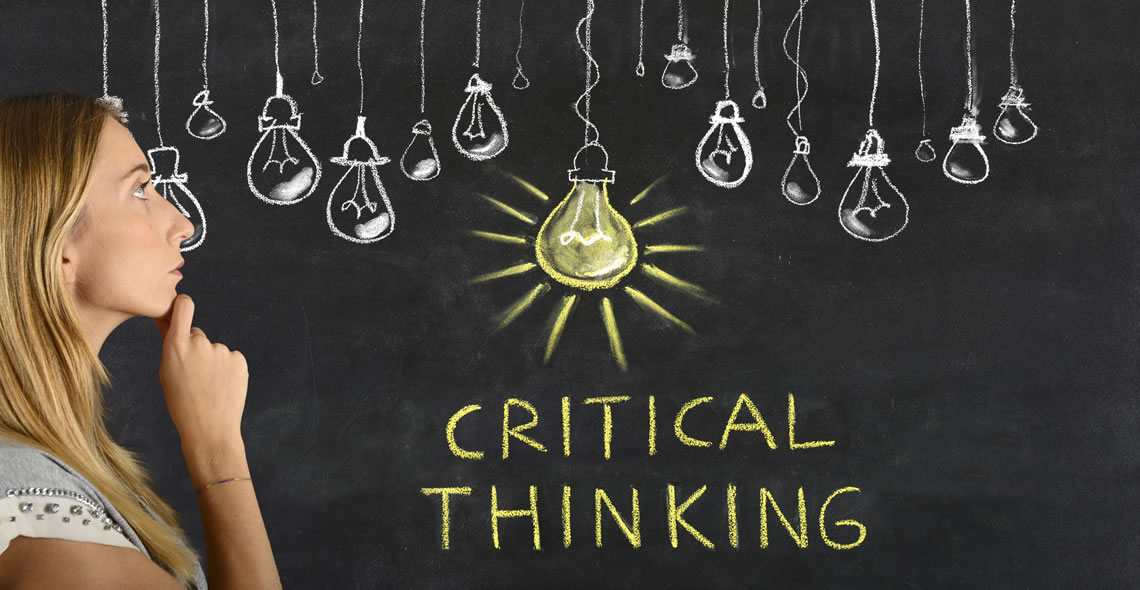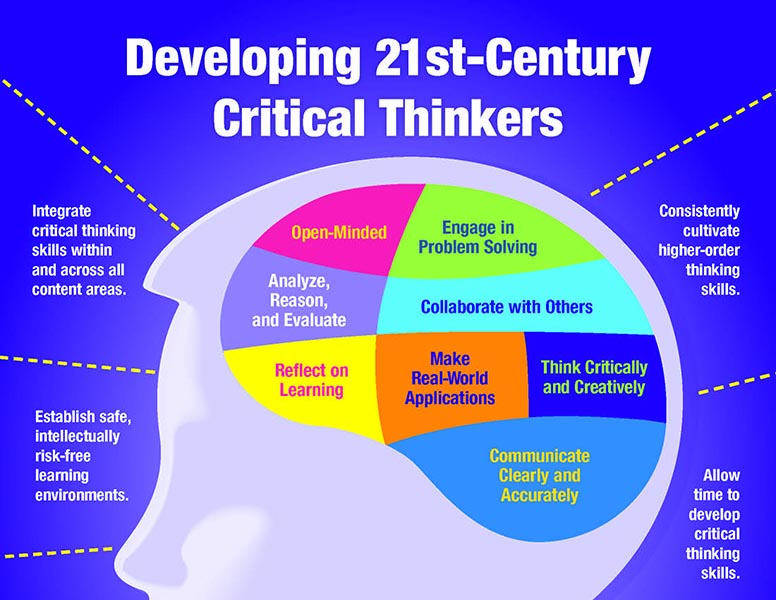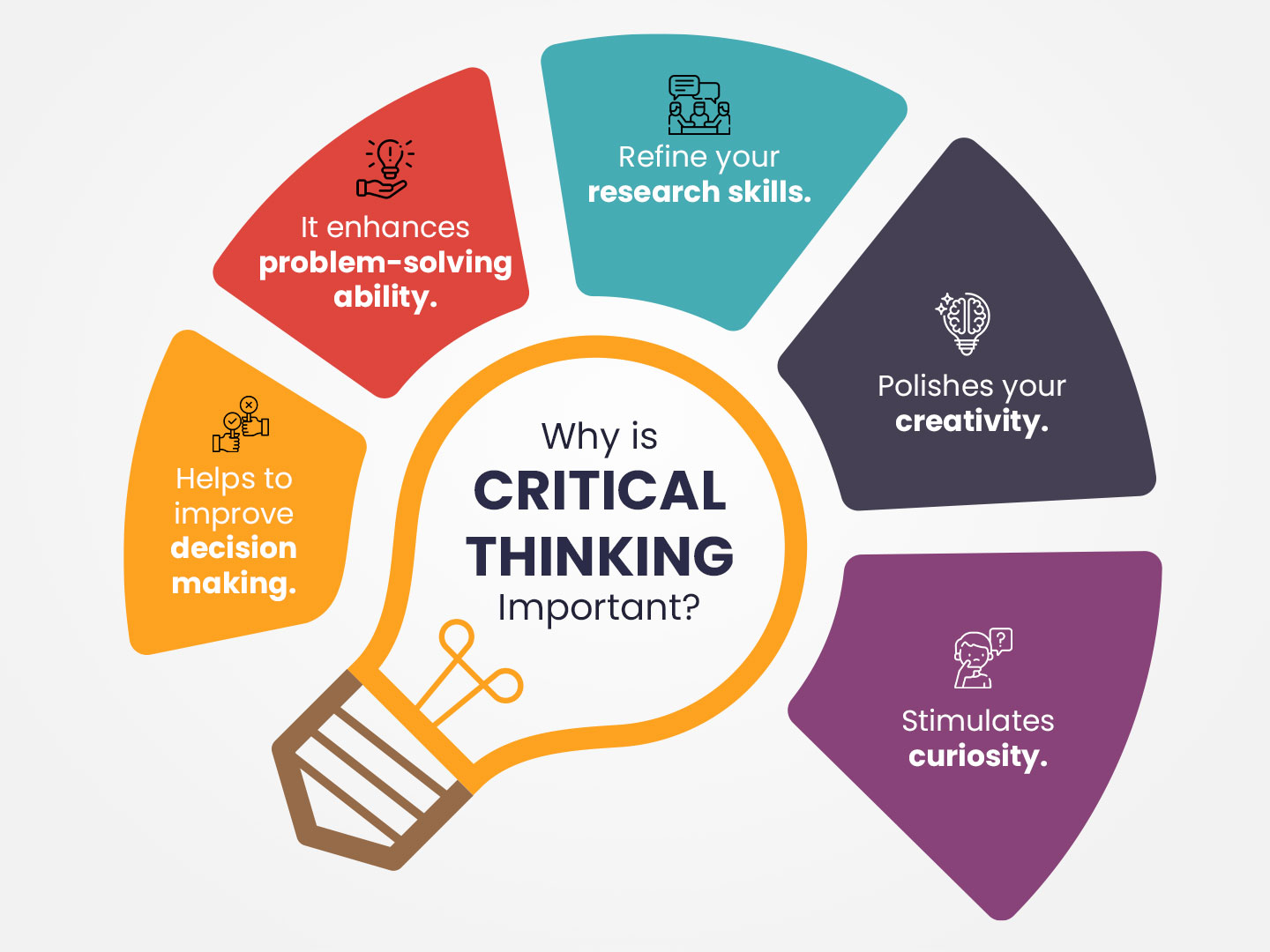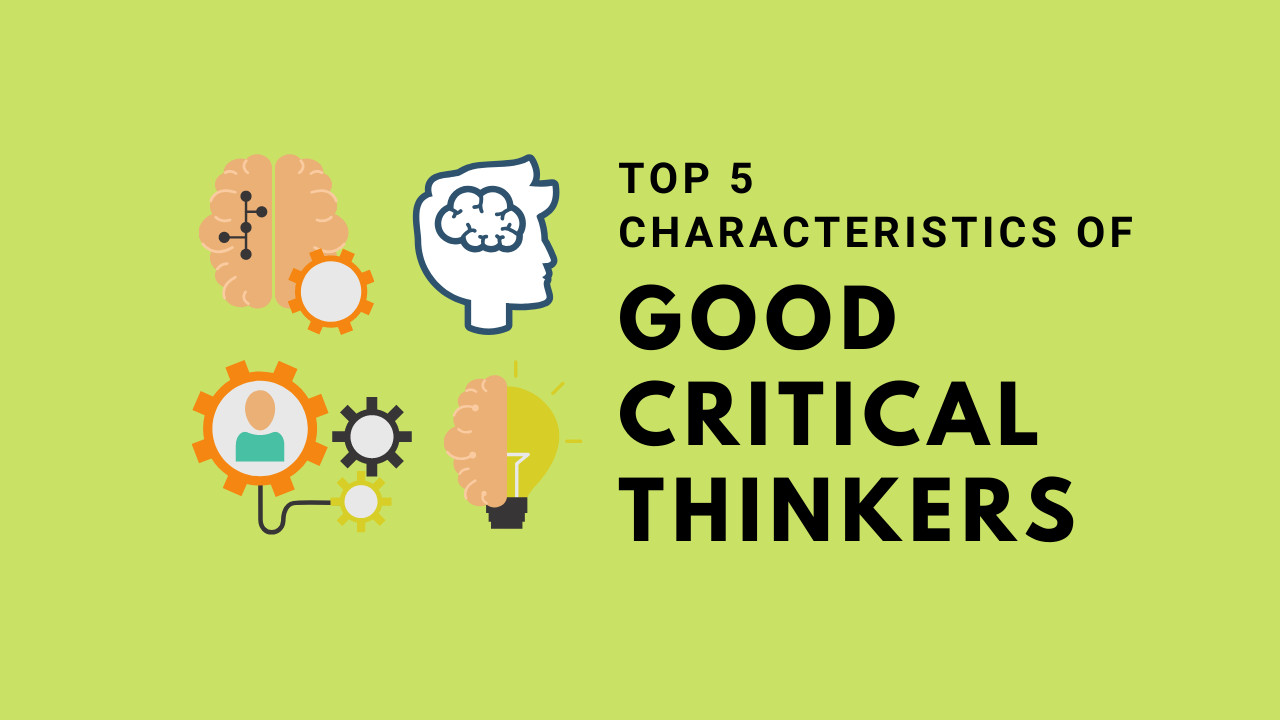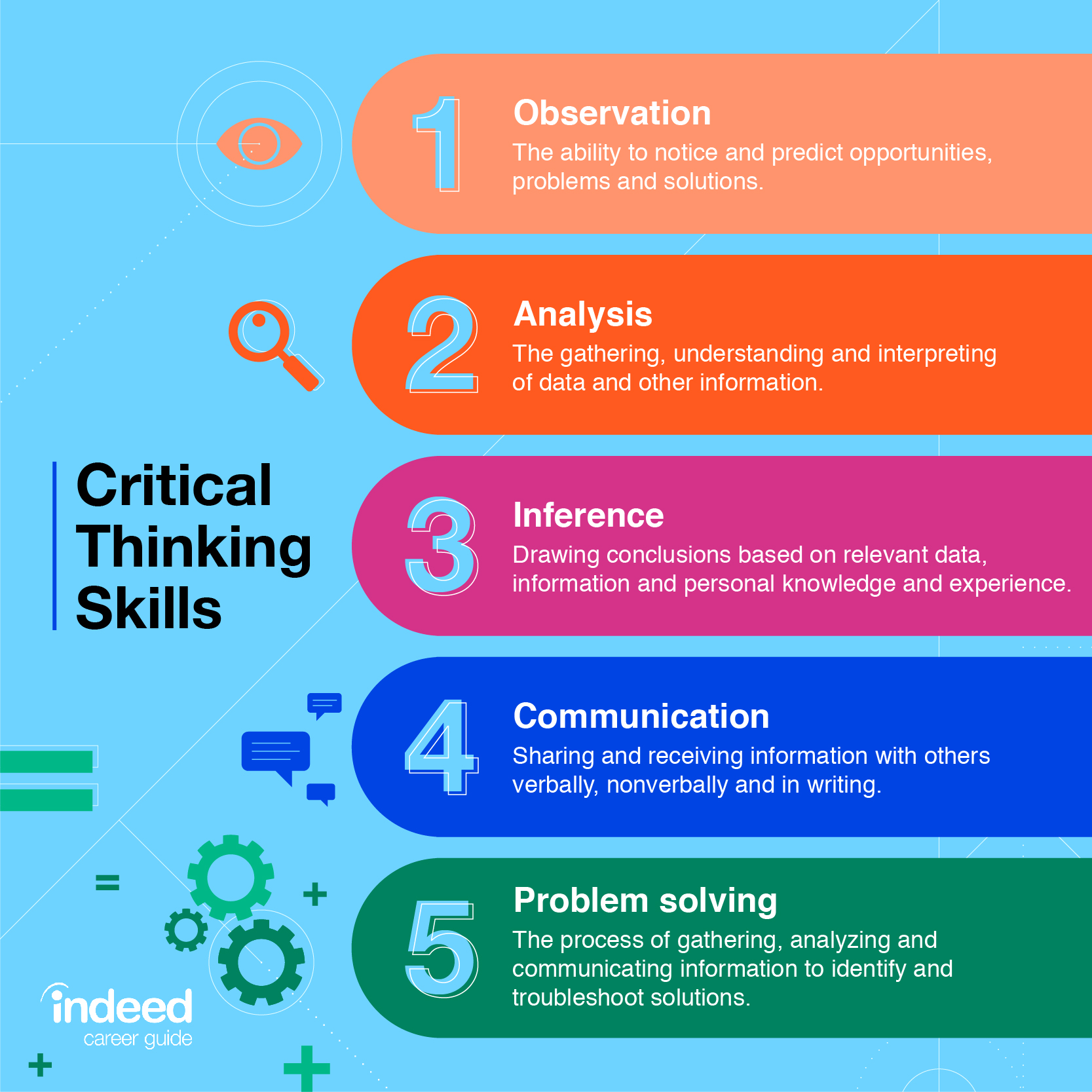How To Become A More Critical Thinker
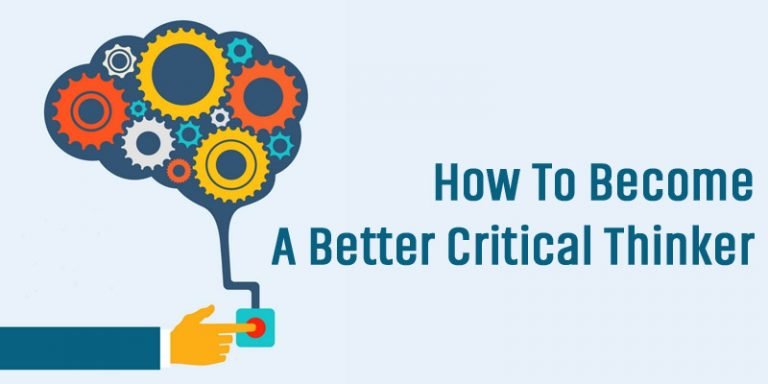
In today's rapidly evolving world, critical thinking is no longer a luxury, but a necessity. Learn to sharpen your mind and navigate the complexities of information overload with these actionable strategies.
This guide provides concrete methods for enhancing your critical thinking skills, enabling you to make informed decisions and solve problems effectively in all aspects of life.
Understanding Critical Thinking
Critical thinking involves analyzing information objectively and forming a judgment. It's about questioning assumptions, evaluating evidence, and considering different perspectives. Dr. Linda Elder, an educational psychologist, emphasizes the importance of self-reflection in this process.
According to a 2023 study by the Foundation for Critical Thinking, only a small percentage of adults consistently apply critical thinking skills. This highlights the urgent need for proactive development in this area.
Sharpening Your Critical Thinking Skills
Question Assumptions
Challenge your own beliefs and the information presented to you. Ask yourself: What evidence supports this claim? What are the underlying assumptions?
"Don't accept everything at face value," advises Professor Richard Paul, a leading expert in critical thinking. Seek out alternative viewpoints.
Enhance Your Analytical Skills
Break down complex issues into smaller, manageable parts. Identify patterns, relationships, and potential biases.
Practice analyzing arguments and identifying logical fallacies. Resources like online courses and critical thinking workbooks can be invaluable.
Improve Your Problem-Solving Abilities
Define the problem clearly and gather relevant information. Brainstorm potential solutions and evaluate their effectiveness.
Implement your chosen solution and monitor the results. Be prepared to adjust your approach based on feedback and new information.
Develop Your Communication Skills
Clearly articulate your ideas and listen attentively to others. Engage in constructive dialogue and be open to changing your mind.
Participate in debates and discussions to hone your communication skills. Practice active listening and respectful disagreement.
Seek Diverse Perspectives
Expose yourself to different cultures, viewpoints, and experiences. This can broaden your understanding and challenge your biases.
Read widely from diverse sources and engage with people from different backgrounds.
"Intellectual humility is key to critical thinking," emphasizes Dr. Carol Tavris, a social psychologist.
Tools and Resources
Numerous resources are available to help you develop your critical thinking skills. Online courses, books, and workshops offer structured learning opportunities.
Websites like Coursera, edX, and The Critical Thinking Community offer valuable courses and resources. Consider exploring books like "Thinking, Fast and Slow" by Daniel Kahneman and "Critical Thinking: Tools for Taking Charge of Your Learning and Your Life" by Richard Paul and Linda Elder.
Participating in debate clubs or joining discussion groups can provide practical experience.
Next Steps
Commit to daily practices that challenge your thinking. Start by questioning one assumption each day.
Seek out opportunities to apply your critical thinking skills in real-world situations. Evaluate news articles, analyze advertisements, and solve problems at work or in your personal life.
Remember, critical thinking is a lifelong journey. Continue to learn, adapt, and refine your skills to navigate the ever-changing landscape of information.




